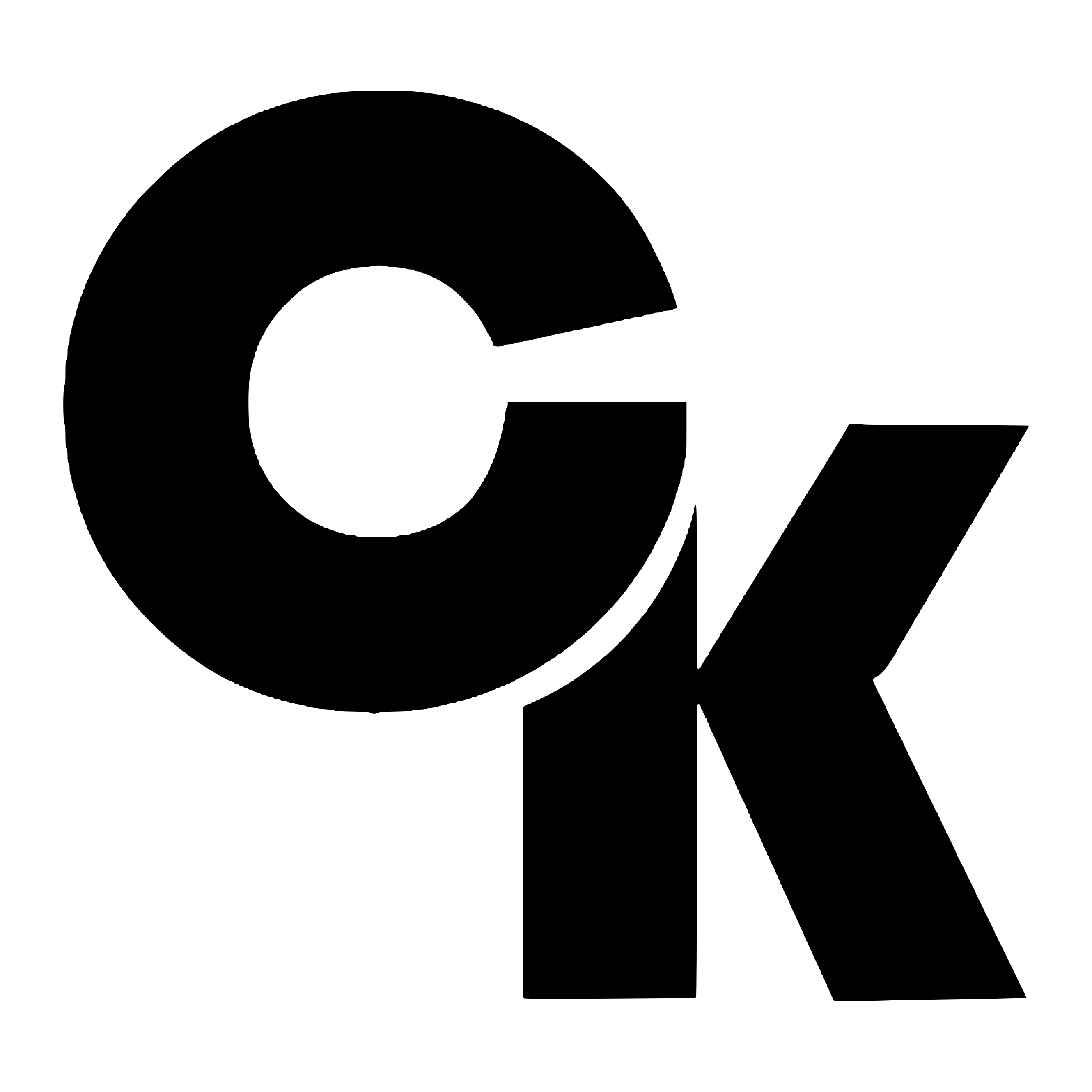The Technological Singularity Theorem – Black Holes of AI

Every day a new innovation. In recent events we saw how rapidly technology can advance. Especially in the field of AI that progression is unmatched. That begs the question: To which end?
Today we will be looking at exactly that: A technological singularity. That is a concept that captures the imagination of futurists, technologists, and philosophers alike. It is a theoretical point in time when technological growth becomes uncontrollable and irreversible, leading to profound and unpredictable changes to human civilization.
Understanding the Singularity
The most prominent version of the singularity hypothesis emerges from the work of I.J. Good, who proposed the notion of an "intelligence explosion" back in 1965. He posited that if we were to create a machine that could design even smarter machines, this would initiate a feedback loop where each successive generation of machines would continually enhance itself. This rapid growth could ultimately yield superintelligence far beyond human capabilities.
The popularization of the term and the idea of singularity is often credited to science fiction author Vernor Vinge, who insisted that human affairs could not continue the same way once we surpass human intelligence. He predicted that the singularity would occur sometime between 2005 and 2030, and these estimates have been discussed fervently in both technological and academic communities.
The Debate
The singularity is not without its critics. Prominent figures in the fields of science and technology like Stephen Hawking and Paul Allen have expressed concerns over the potential dangers of superintelligent AI. They warn that without appropriate regulation and understanding, this advanced intelligence might threaten humanity's survival.
Conversely, other experts argue that the timeline and plausibility of a singularity are overstated. They assert that advances in AI might not lead to an intelligence explosion due to diminishing returns inherent in technology development processes. Additionally, technological growth often follows S-curve patterns rather than exponential ones, which complicates predictions of a singularity.

Potential Impact and Implications
The implications of reaching a technological singularity are enormous and largely speculative. It could usher in an era characterized by unprecedented economic growth, social restructuring, and ethical dilemmas surrounding autonomy and control. Many theorists envision a future where technology profoundly changes our roles in society, including potential job displacement across various sectors caused by automation.
Moreover, the convergence of human intelligence with AI through methods like brain-computer interfaces or mind uploading paints a picture of a transhumanist future, where biological and technological forms of intelligence blend seamlessly.
Conclusion
As we stand on the brink of significant advancements in artificial intelligence, the question of the technological singularity remains as contentious as ever. Whether or not we will witness an intellect that surpasses our own—or if the singularity will materialize as predicted—continues to fuel discussions across cultures and disciplines. The singularity challenges us to reflect on our place within an accelerating technological landscape and encourages a thoughtful approach as we shape the future of intelligence and consciousness. As such, engagement with these ideas is not merely academic but a vital dialogue in navigating the implications of our technological trajectory.
Sources:






